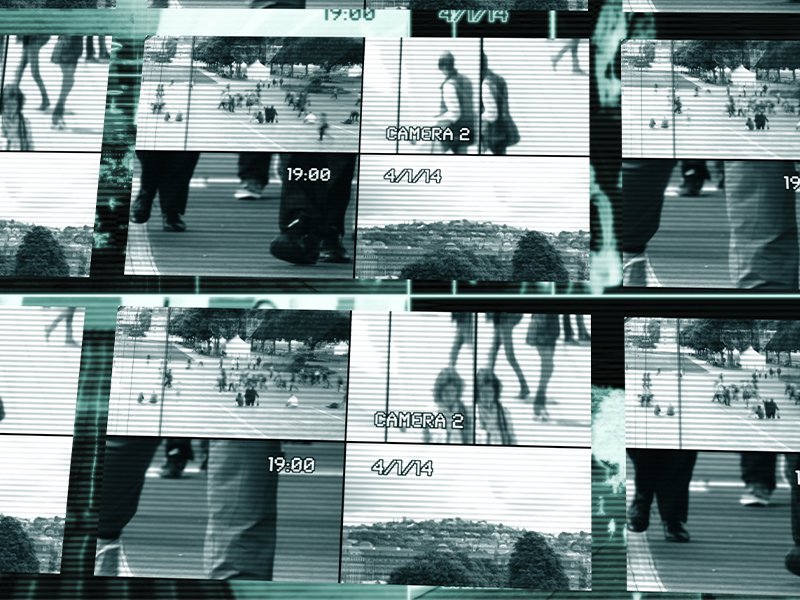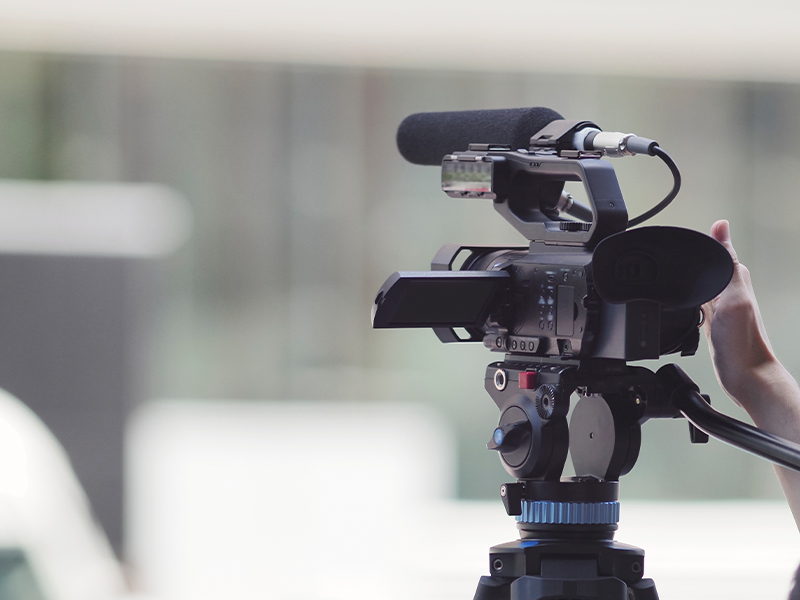The deposition – a cornerstone of pre-trial discovery in civil cases – traditionally relied solely on the meticulous transcriptions of court reporters. However, the legal landscape is rapidly evolving, and video depositions are emerging as the superior method for capturing witness testimony. While transcripts provide a textual record, video depositions offer a richer, more nuanced portrayal of witness demeanor, nonverbal cues, and overall credibility. This article explores the advantages of video depositions in civil litigation, highlighting their impact on witness evaluation, juror persuasion, and strategic maneuvering.
Beyond the Transcript: Unveiling the Power of Nonverbal Communication
Human communication extends far beyond the spoken word. Facial expressions, body language, and vocal inflections all contribute significantly to the meaning conveyed. Transcripts, by their very nature, are limited to capturing only the verbal exchange. Video depositions, on the other hand, capture the full spectrum of human communication, providing invaluable insights into a witness’s truthfulness and reliability.
Consider a witness who hesitates before answering a crucial question, fidgets in their seat when pressed for details, or maintains unwavering eye contact throughout their testimony. These nonverbal cues, often absent from transcripts, can raise red flags or bolster a witness’s credibility. For instance, a witness who avoids eye contact while making a damaging admission may appear evasive, while a witness who leans forward and speaks with conviction when recounting an event may project sincerity. These subtle nuances, captured on video, can significantly influence how attorneys evaluate witnesses and strategize for trial.
A Boon for Jury Persuasion
The courtroom is a stage, and jurors act as the audience. While transcripts present a dry, text-based narrative, video depositions allow jurors to witness the testimony firsthand. Jurors can observe a witness’s demeanor, gauge their emotional responses, and assess their overall sincerity. A witness who appears nervous or uncomfortable under questioning may raise doubts in the jurors’ minds, while a witness who delivers their testimony with confidence and conviction can be more persuasive.
Studies have shown that jurors place a high value on nonverbal cues when evaluating witness credibility. Video depositions cater to this human tendency, allowing jurors to form a more complete picture of the witness and their testimony. In a civil case where witness credibility is paramount, video depositions can be a powerful tool for swaying the jury in your favor.
Strategic Advantages: A Lawyer’s Ally
Beyond witness evaluation and juror persuasion, video depositions offer several strategic advantages for attorneys in civil litigation. Video allows for a more thorough examination of a witness’s testimony. During a video review, attorneys can pinpoint specific moments in the witness’s demeanor or delivery that warrant further exploration. This targeted approach can expose inconsistencies, uncover potential biases, or highlight areas where further investigation is needed.
Furthermore, video depositions can be incredibly useful for witness preparation. By reviewing the video recording, attorneys can identify areas where a witness may appear hesitant, unprepared, or vulnerable to cross-examination. This allows for targeted coaching and preparation, ensuring witnesses present their testimony with clarity, confidence, and consistency.
Video depositions also hold significant weight during settlement negotiations. The ability to showcase a witness’s weak testimony on video can be a powerful tool for leverage, potentially prompting a more favorable settlement offer from the opposing party.
Addressing Concerns: Dispelling Myths About Video Depositions
Despite their numerous advantages, some concerns linger regarding video depositions. One common concern is cost. While video depositions typically involve additional fees for videographers and equipment, these costs can be offset by the strategic advantages they offer. Video depositions can lead to more efficient trials, stronger witness preparation, and potentially more favorable settlements, ultimately saving time and resources.
Another concern is the potential for manipulation of video recordings. However, reputable court reporting firms employ strict protocols to ensure the integrity of video depositions. These protocols include tamper-evident seals, timestamps, and chain-of-custody documentation, guaranteeing the authenticity of the recording.
The Future of Discovery: A Shift Towards Video
The legal field is increasingly recognizing the value of video depositions. Courts are becoming more receptive to the use of video recordings in trial proceedings. Technological advancements have made video depositions more affordable and accessible, further facilitating their widespread adoption. As the legal landscape continues to evolve, video depositions are poised to become the standard for capturing witness testimony in civil litigation.
In conclusion, video depositions offer a significant step forward in the pre-trial discovery process. By capturing the full spectrum of human communication, video depositions provide invaluable insights into witness credibility, enhance juror engagement, and equip attorneys with powerful strategic tools. While transcripts remain an important part of the legal record, video depositions are undoubtedly the future of civil litigation, offering a more comprehensive and nuanced portrayal of witness testimony to ensure a just and fair outcome.





